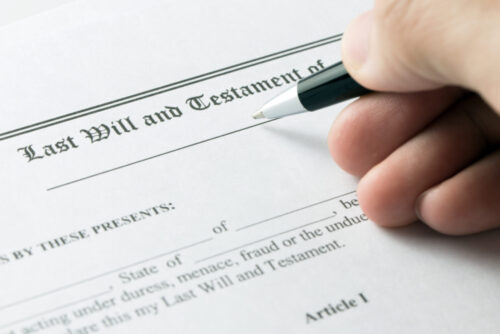
Contrary to what you may assume, it is never too early to create an estate plan. More specifically, you will want to draft a Last Will and Testament while you are still of sound mind. Follow along to find out what makes a will valid and enforceable and how a proficient Butler County will preparation attorney at Heritage Elder Law & Estate Planning, LLC can help you in executing this.
What makes a will valid and enforceable in the state of Pennsylvania?
Simply put, in order for your will to be valid and enforceable in the state of Pennsylvania, you must meet the following criteria:
- You must be at least 18 years of age or older.
- You must be of sound mind and mental capacity.
- You must type or write out your will on paper.
- You must provide your signature on the will.
Unique to most states, Pennsylvania does not require you to have a witness present upon signing your will. This is so long as you still have the mental capacity to independently sign this important document.
What’s more, in order for your will to be effective, you must include the following plans:
- You must disclose all your properties and assets.
- You must assign certain beneficiaries to certain properties and assets.
- You must assign an executor of your will.
- You must assign a guardian for your child or children.
- You must assign a caretaker for your pet or pets.
What happens if my will is invalid?
Evidently, you may leave your beneficiaries in a complicated situation if you, unfortunately, pass away without establishing a will. But what’s just as unfortunate is if you pass away with a will that is invalid.
Say, for instance, that your will is executed in a way that is considered unenforceable in the state of Pennsylvania. So, upon your passing, the Pennsylvania court will have to determine the distribution of your assets through a process known as probate. With probate, your properties and assets will be subject to intestate distribution, which is based on Pennsylvania laws on descent and distribution. Meaning, your properties and assets may not go to the beneficiaries that you initially wished for.
Overall, the probate process can be a headache for your beneficiaries. In addition, this may be a more costly process for them.
So while the presence of an attorney is not required when enforcing your will, it is recommended. This is because, as you can likely conclude, many rules and regulations surround a will; and the slightest error can invalidate the entire document. So, to avoid an erroneous will, you must not hesitate in speaking with one of the talented Butler County estate planning attorneys today. We await your phone call.
